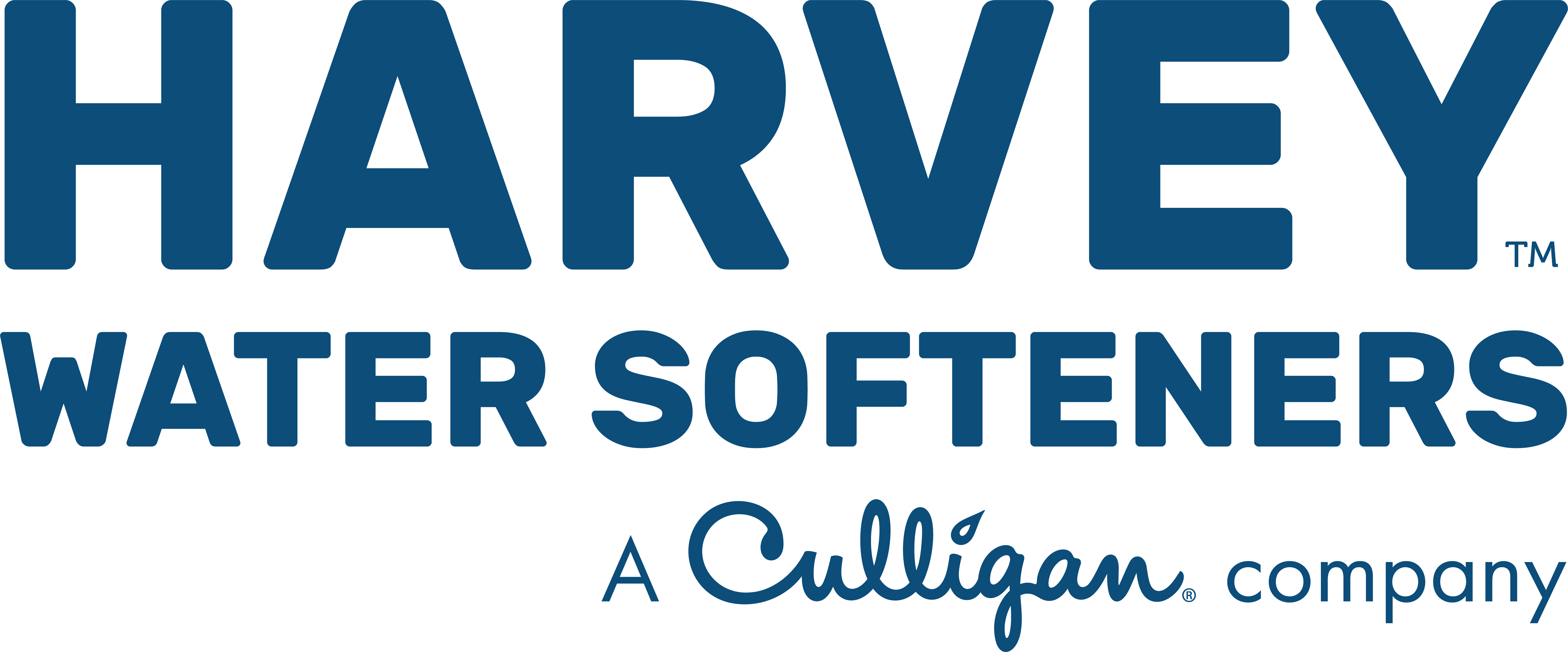How much water does a bath and shower use?
Money Saving Tips
Shower
Keeping clean is a basic human need. Most of us like to wash away sweat or everyday dust and dirt regularly, to feel good and for the sake of those around us! Showering is more popular than bathing in the UK today: it’s quite common for smaller dwellings not to have a bathtub at all. Many people find a shower more refreshing; for others it’s easier to use a shower than levering themselves into and out of a bath.
How much water does a shower use?
This is generally good news for the environment: according to the Environment Agency, a bath uses an average of 80 litres of water, while a typical four-minute shower uses 48 litres. But it still adds up: the independent UK water-saving organisation Waterwise estimates that the British population uses more than 2 billion litres of water for showering every day.
Shower frequency makes a big difference to water usage
The downside of showers being quick and convenient is that we tend to take more of them. Refreshing and waking up in the morning, cleaning away the day’s grime in the evening, before we change to go out, after sport or exercise… there are plenty of occasions when many of us grab a shower, sometimes more than once a day.
Lots of people are aware that a shower uses less water than a bath, but if you shower more than once a day or spend more than four minutes at a time under the spray, the saving is quickly eroded.
Changing your shower habits to use less water
Power showers consume the most water – so if you have the option not to install or use one, it will save on your showering litreage. For non-power showers, you can swap the shower head to a low flow or aerated model. Aerated showerheads reduce water flow without a pressure drop. It’s done by mixing air with water, for a good steady spray that should feel as strong as it was before.
Waterwise estimates that a power shower uses 15 litres per minute, a traditional showerhead uses 12 litres per minute, while an aerated shower head uses around half of that. An aerated showerhead is not too expensive (tens of pounds, not hundreds) and you can usually fit it easily yourself if your shower has a standard hose.
Keep an eye on the time!
A shower timer is a simple way to keep your shower water usage under control. Some water companies provide them free or you can buy one for a pound or two – they’re waterproof devices that often use a mechanical egg timer design and sucker onto the shower wall. Flip it to start the timer – when the sand runs through, time’s up!
We often don’t realise how many minutes we spend in the shower, so a timer is really useful in making everyone in the household more aware of their water usage. Set yourself a two minute shower challenge, or work towards cutting down your time.
Make your shower count with efficient washing
If your home is supplied with hard water, it can contribute to spending longer in the shower. Hard water doesn’t lather as well, so you may use more soap, shampoo and cleansing products and have to spend more time on washing them off thoroughly. You’ll also need to use more water for rinsing and cleaning the shower after use, because scum and limescale build up quickly in hard water areas.
Using softened water can help with efficient lathering, a satisfying shower experience and cutting your water usage for cleaning. If you want more info on water usage or money saving tips, take a look at our blog or book a demo with a water expert.
Bath
Sometimes, all we need is a long soak in the bath to wash away the stresses of the day. A warm bath, our favourite candles, and a good book can make us feel so much better. However, with growing concerns about the environment and global warming, people have begun to question the impact that running a hot bath has on the environment.
Heating the water for your bath requires a lot of energy, and having regular baths could impact the cost of your water and electricity bills. But just how many litres of water does it take to run a bath?
How many litres of water does a bath hold?
The average bath uses 80 litres of water, compared to a five minute shower which users 75 litres. If you’re quick in the shower, it’s the cheaper option, but if you have a long shower routine, a bath makes more sense. In the UK, this would cost you under £1, depending on your water rates. The average cost of water in the UK is 0.1 pence per litre. However, this will soon add up if you have more than one bath per week.
Freestanding and claw bath tubs
Some bathtubs are larger than traditional sizes, as they are freestanding and therefore have different dimensions. This may mean that they will hold more water than a traditional bath tub, and your average bath could cost you more money.
How to get bubblier baths
If you find yourself disappointed with your bubble baths – it may not be your products. Hard water can prevent your products from lathering properly, and you will find yourself using more product in order to get the desired results.
A water softener can help by removing harsh minerals from your water supply, and the soft water will create an abundance of soft, soapy bubbles to sink into. You can find out more by visiting our benefits hub.




